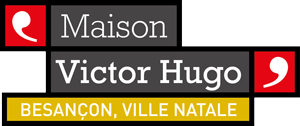Maison Victor Hugo
A writer’s house open to the world of today
The world-famous writer Victor Hugo was born in the house at 140 Grande-Rue in Besançon on 26 February 1802. Open to the public since 2013, the birthplace of Victor Hugo presents the battles fought by a writer committed to freedom, human rights and dignity, in a contemporary setting that also explores the ongoing relevance of these issues today. The Maison Victor Hugo cultural programme brings the house to life with meetings, exhibitions, shows and educational workshops on literature and civic engagement.
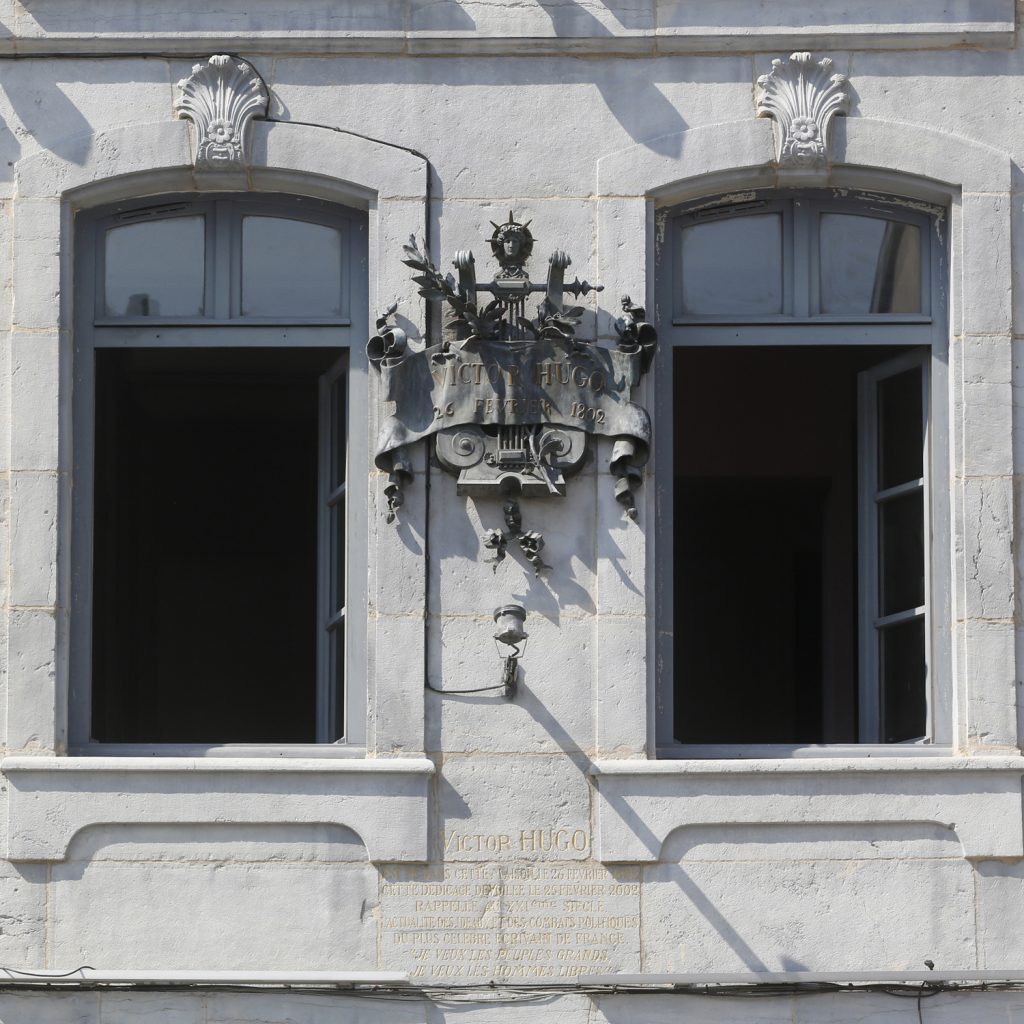
“Those who live are those who fight”, The Empire in the Pillory, 1853
The ground floor of the museum’s permanent exhibition explores the links that Victor Hugo maintained with his native city. The staircase leading to the first floor connects the chronology of 19th century French history with significant events in Victor Hugo’s life. The four themed areas on the first floor are devoted to Victor Hugo as an agent of change : a poet, playwright and novelist, Victor Hugo was also a politician who expressed his ideas and convictions through his actions, speeches and writings. A partnership with four international organisations highlights the relevance of these issues in the 21st century.
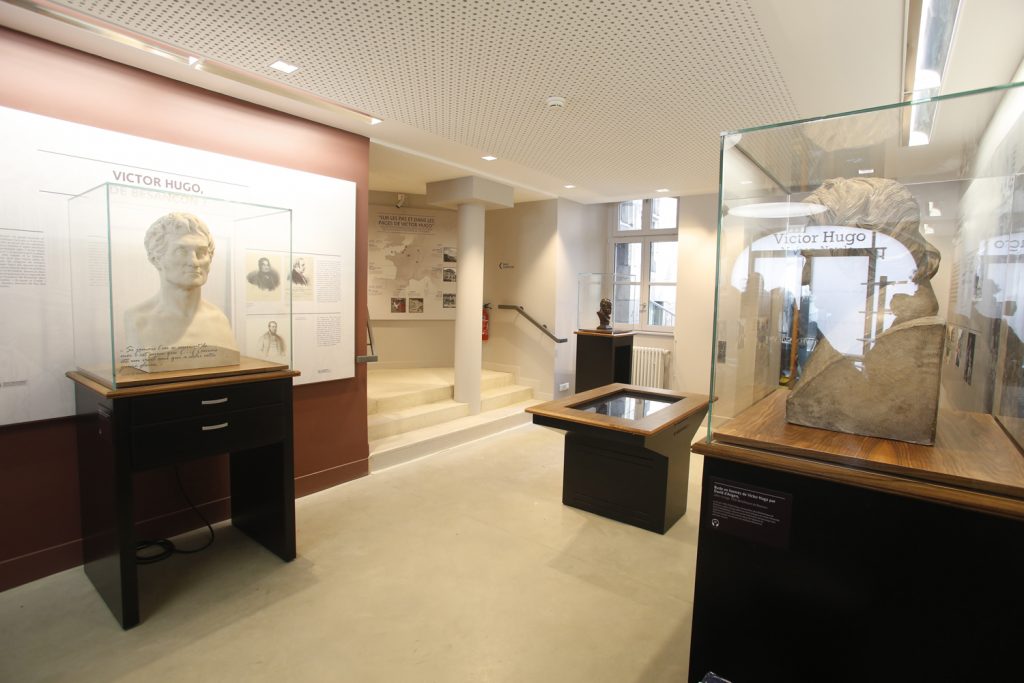
Freedom
Victor Hugo fought for freedom of expression in all its forms, whether artistic, political or religious, and fervently defended the freedom of the press. Today, Reporters Without Borders defends the freedom to be informed and inform others throughout the world.
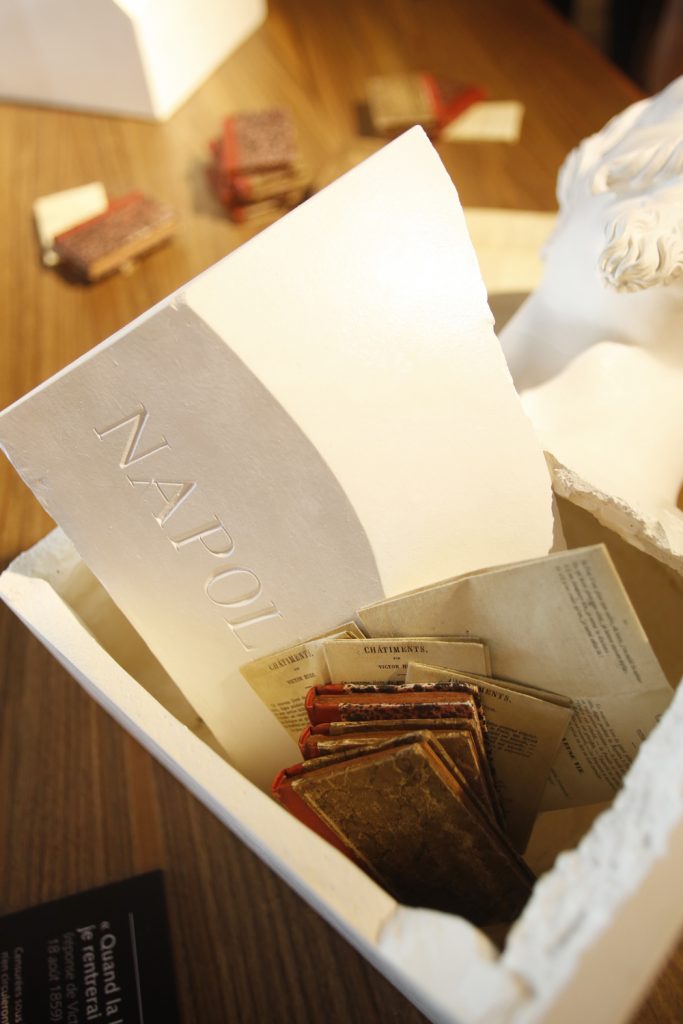
Human dignity
Victor Hugo was committed to the most disadvantaged, working to eradicate poverty and social inequalities. The novel Les Misérables is the most famous testimony to this. The charity ATD Quart-Monde continues this fight against poverty today. Women’s rights were also a cause supported by Victor Hugo, a battle for equality between women and men that is still relevant today.
Outraged by injustice, Victor Hugo was a passionate supporter of abolition of the death penalty. His writings inspired Robert Badinter, French Minister of Justice, who abolished the death penalty in France in 1981 and is the patron of Maison Victor Hugo.
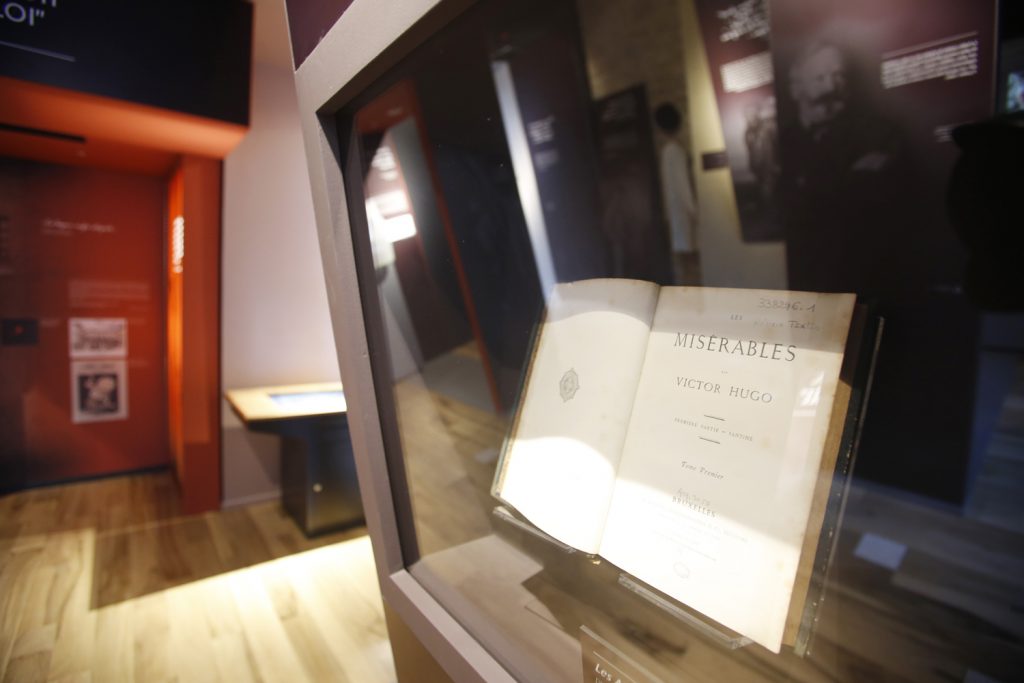
Children’s rights
The wooden-panelled alcove bedroom where Victor Hugo was born is devoted to the defence of children’s rights, and in particular their education, an area in which Victor Hugo showed pioneering leadership. Since its foundation in 1946, Unicef‘s mission has been to improve the living conditions of children and ensure respect for their rights.
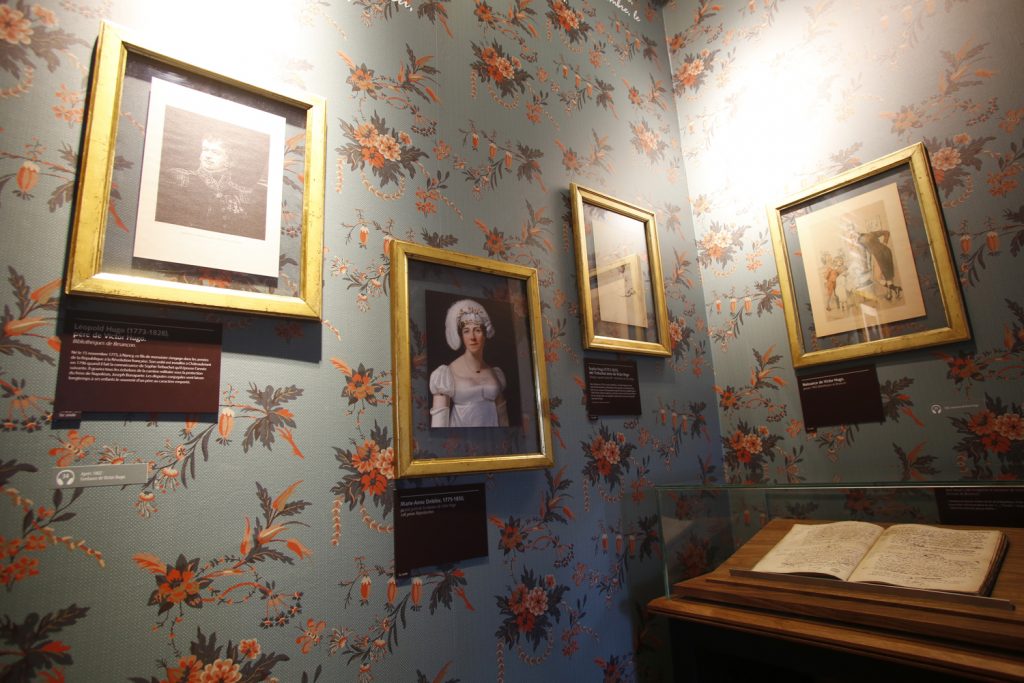
Human rights
In exile for 19 years because of his political opinions, the banished Victor Hugo was the writer and spokesperson for oppressed peoples in Cuba, Poland, Ireland, etc. Amnesty International has been working to ensure the respect, defence and promotion of all human rights since 1961.
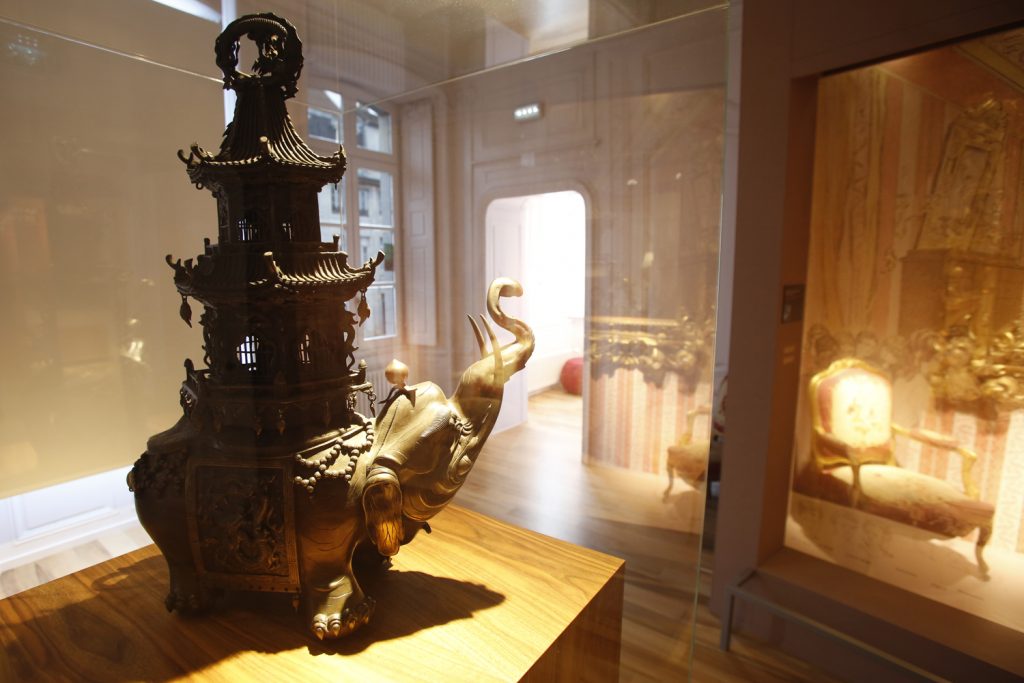
The Baratte pharmacy
This pharmacy founded in 1738 witnessed the birth of Victor Hugo and is visible from the street. The stunning dispensary still retains its original decor and gives visitors a wonderful sense of the atmosphere of the early 19th century.
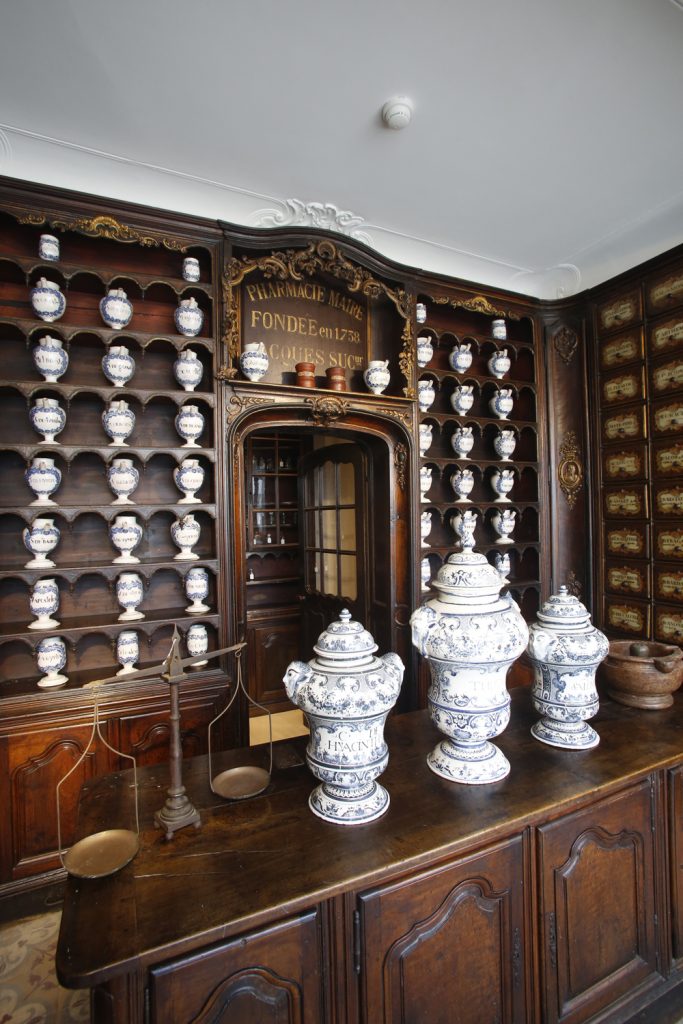
Photo credits: Besançon City Council / Jean-Charles Sexe

